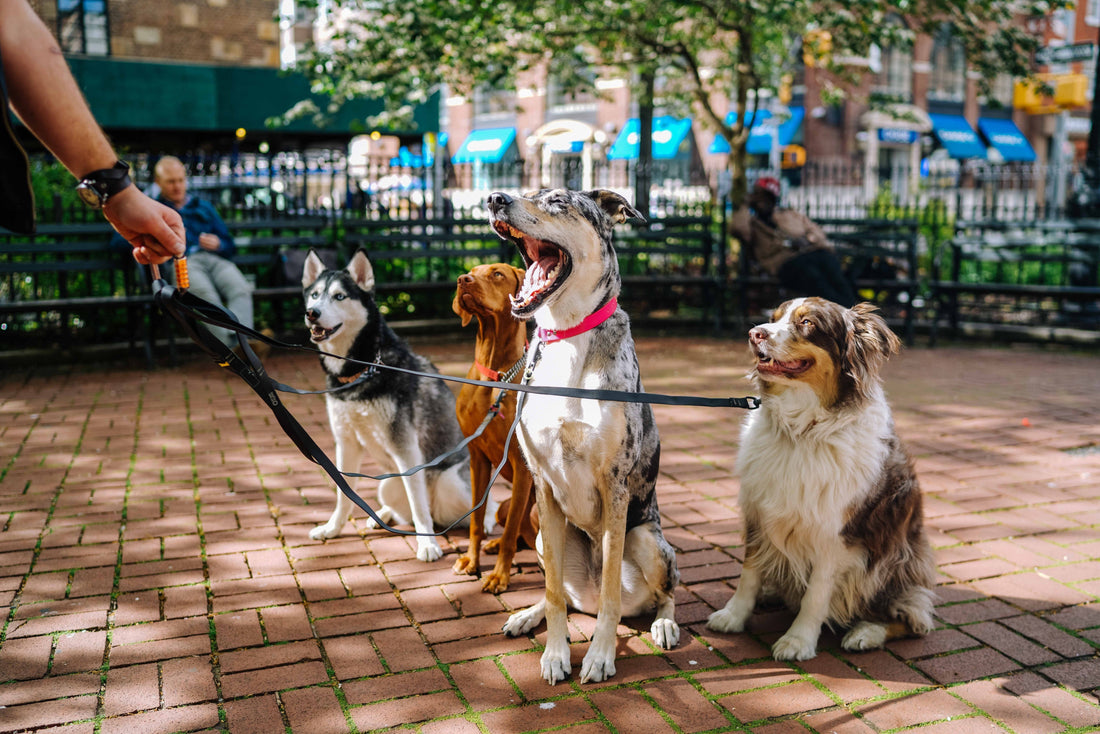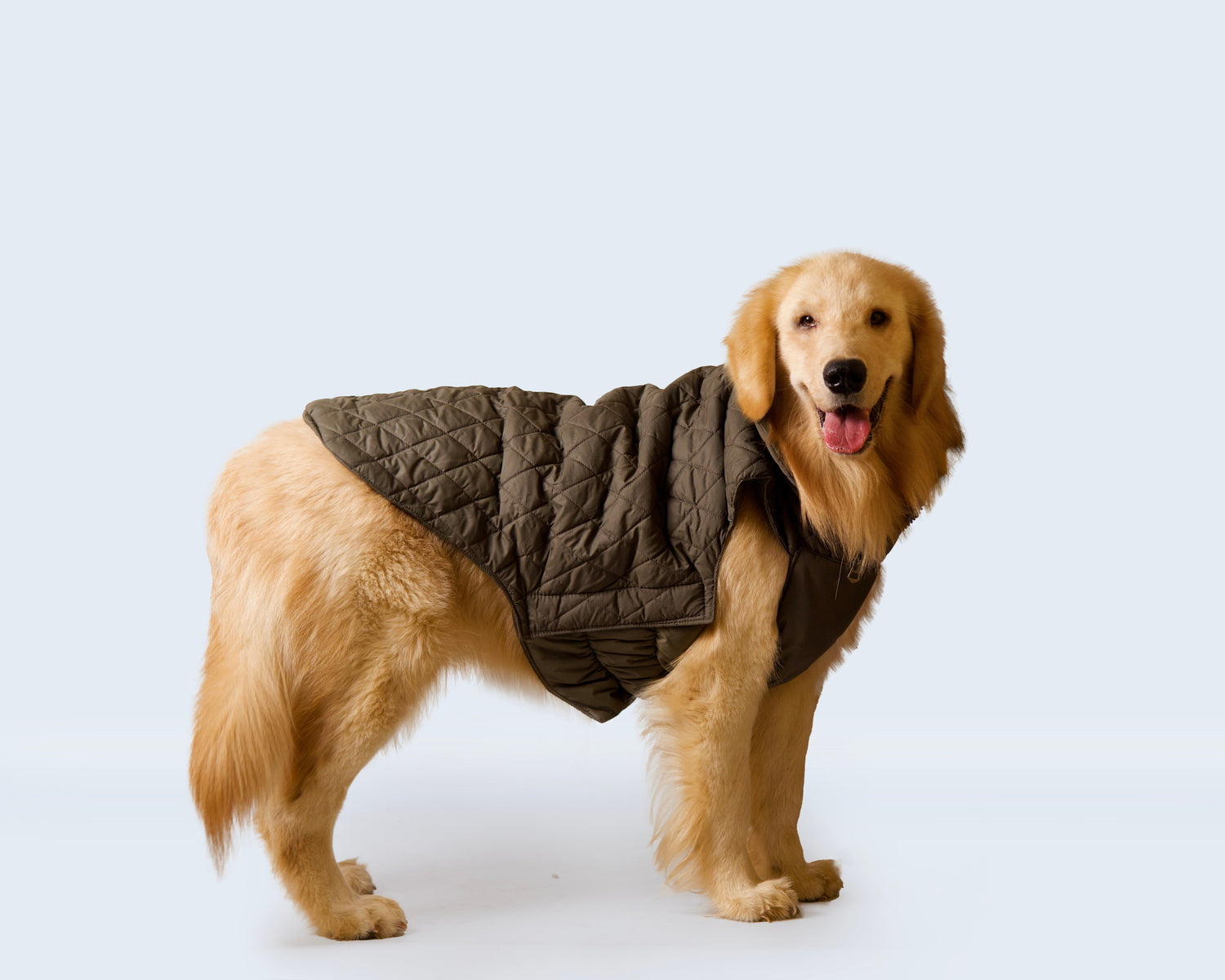
Train your dogs to make them more friendly
Uddesh PatilShare
Having a pet is one of life’s greatest joys—it’s truly like adding a new member to the family. Just like raising a child, the way you train your puppy shapes their behavior and helps them become a friendly, well-adjusted companion. Here are the top 10 training tips to help your puppy grow into a happy, social, and well-behaved pet:
- Choose the Right Name: Picking a short, clear name with a strong ending helps your puppy recognize and respond quickly. Avoid names that sound like training cues or family members’ names to prevent confusion. Names like Jack, Daisy, Bruno, or Ginger work well and are easy for dogs to learn.
- Provide Proper Shelter: Ensure your puppy has a comfortable, safe space that protects them from extreme weather. A clean bed, fresh water and food, and protection from other animals are essential. Toys are also important to keep them entertained when you’re not around.
- Respect Their Routine: Every dog has their own natural rhythms. Observe your puppy’s behavior and set regular times for training and play. Being consistent helps them feel secure and strengthens your bond.
- Start with the Basics: Begin training with simple commands like “sit,” “stay,” or “come.” Use positive reinforcement and demonstrate the actions—dogs learn by example, not by language alone. Socialize your puppy in pet-friendly public spaces to encourage learning from other well-behaved dogs.
- Regular Walks: Daily walks keep your puppy healthy and prevent boredom. Walks are also the perfect time to teach good bathroom habits and reduce the risk of unwanted behaviors or accidents at home.
- Maintain Good Health: Feed your puppy food recommended for their breed and size, and schedule regular vet visits for vaccinations and deworming. Watch for changes in their eating or activity—address health concerns early for your dog’s wellbeing.
- Keep Up with Grooming: Regular grooming and bathing are key to your puppy’s hygiene. Trim their fur and nails, bathe them as needed, and use appropriate grooming products. Choose items based on your vet’s advice and product reviews.
- Discourage Biting: Puppies naturally love to chew and bite, but it’s important to teach them what’s acceptable. Offer chew toys and firmly discourage biting people. Consistency will help your puppy learn good habits.
- Prevent Jumping: While jumping can be a sign of excitement, it can also be intimidating or even cause accidental harm. Teach your puppy to greet people calmly, especially around strangers or children, to ensure everyone feels safe.
- Be Patient and Reward Good Behavior: Training takes time—every puppy learns at their own pace. Be patient, never force your dog, and always use positive reinforcement. Reward good behavior with treats, toys, or extra affection to keep your puppy motivated and happy.


